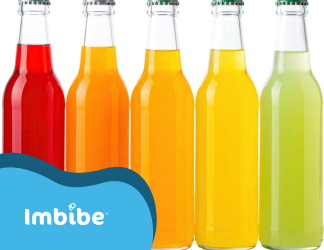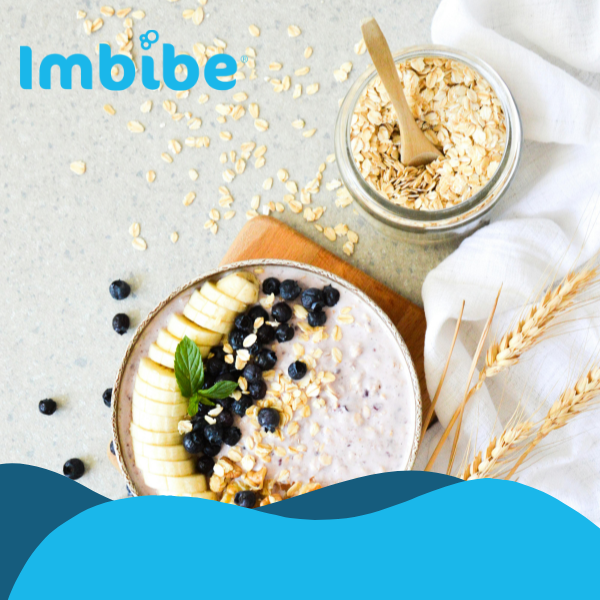The old sayings “let thy food be thy medicine” and “you are what you eat” ring truer than ever for consumers. After years of nutritional research and recommendations, consumers have learned that there is no one-size-fits all solution to better health, but limiting sugar, sodium and saturated fat is a step in the right direction.
Over the last decade, sugar has become public enemy number one. However, discussions about the harmful effects of sugar date back to the 1960s. Deaths from cardiovascular disease were at an all-time high, which researcher John Yudkin linked to increased sugar consumption. During that time, though, there was greater support for research by Ancel Keys who declared fat as the cause of the deadly disease. Keys research was so influential that the first USDA dietary guidelines for Americans essentially recommended reducing fat consumption and replacing it with carbohydrates. Yudkin’s message wasn’t entirely overlooked, though, as the USDA recommended limiting sugar intake because of its link to tooth decay.
Read the full article in Food & Beverage Insider.



